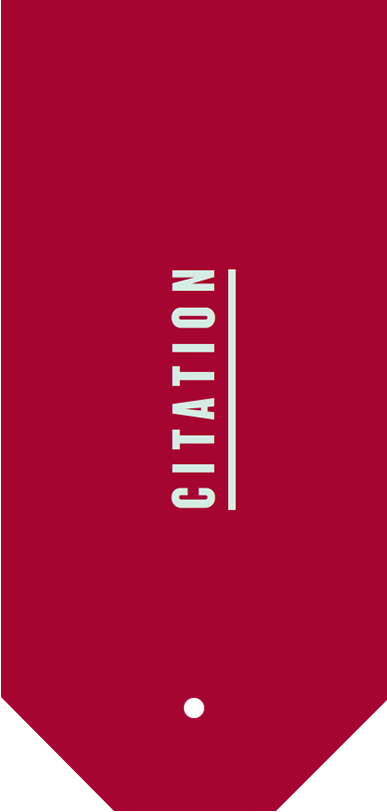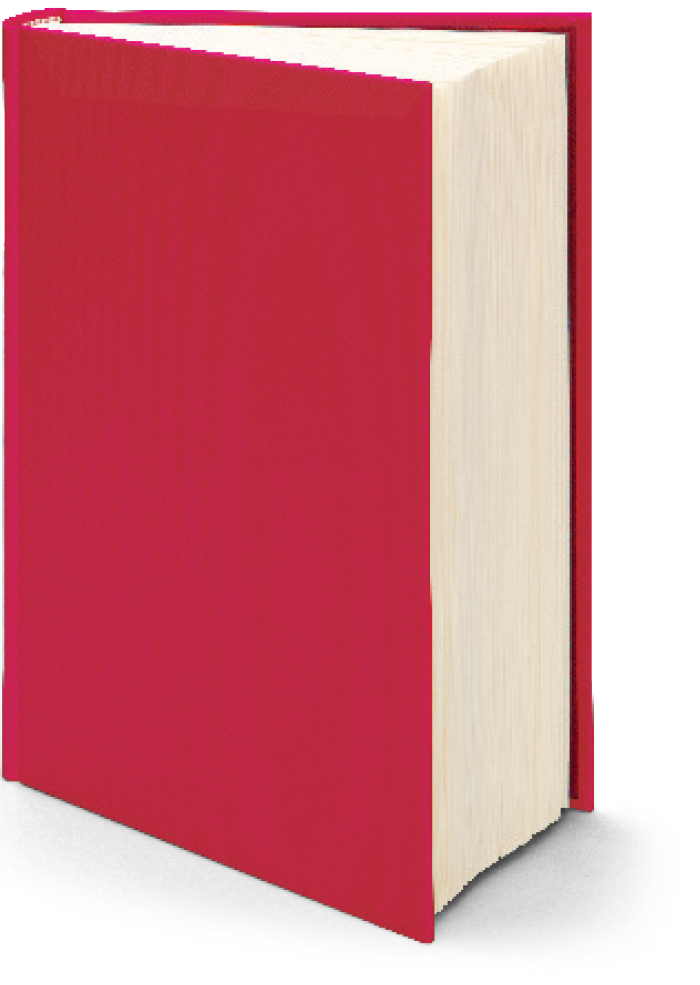
The Brookings Institution Press
Contributors provide extensive empirical evidence showing how key areas of federal regulation during the past forty years have had varying social and economic impacts across the different strata of American society. The fields of regulation examined in the book include those addressing pharmaceutical products, energy systems, financial institutions, employment, transportation, manufacturing operations, antitrust, and workplace safety.
The book synthesizes economic data and research to identify the major impacts of regulation in these fields and assess who enjoys most of the benefits and who incurs most of the costs from each. Overall, the aim is to gauge whether and when regulation, on balance, is either a progressive or a regressive force in the United States.
Contributors are leading scholars in law, economics, policy analysis, and the social sciences who bring extensive research backgrounds to their study of the major regulatory fields addressed in each chapter. The book provides policymakers, scholars, and analysts an empirical basis for understanding how regulations affect different sectors of society differently — and the potential impact on inequality of those regulatory differences.
Cambridge University Press
With contributors from all over the world, this handbook offers a systematic, thorough study of copyright limitations and exceptions adopted in major jurisdictions, including the United States, the European Union, and China.
In addition to providing justifications for these limitations, the chapters compare differences and similarities that exist in major jurisdictions and offer suggestions about how to improve the enforcement of copyright limitations domestically and globally.
This work is meant to appeal to scholars, policymakers, attorneys, teachers, judges, and students with an interest in the theories, policies, and doctrines of copyright law.


The Brookings Institution Press
Contributors provide extensive empirical evidence showing how key areas of federal regulation during the past forty years have had varying social and economic impacts across the different strata of American society. The fields of regulation examined in the book include those addressing pharmaceutical products, energy systems, financial institutions, employment, transportation, manufacturing operations, antitrust, and workplace safety.
The book synthesizes economic data and research to identify the major impacts of regulation in these fields and assess who enjoys most of the benefits and who incurs most of the costs from each. Overall, the aim is to gauge whether and when regulation, on balance, is either a progressive or a regressive force in the United States.
Contributors are leading scholars in law, economics, policy analysis, and the social sciences who bring extensive research backgrounds to their study of the major regulatory fields addressed in each chapter. The book provides policymakers, scholars, and analysts an empirical basis for understanding how regulations affect different sectors of society differently — and the potential impact on inequality of those regulatory differences.
Cambridge University Press
With contributors from all over the world, this handbook offers a systematic, thorough study of copyright limitations and exceptions adopted in major jurisdictions, including the United States, the European Union, and China.
In addition to providing justifications for these limitations, the chapters compare differences and similarities that exist in major jurisdictions and offer suggestions about how to improve the enforcement of copyright limitations domestically and globally.
This work is meant to appeal to scholars, policymakers, attorneys, teachers, judges, and students with an interest in the theories, policies, and doctrines of copyright law.